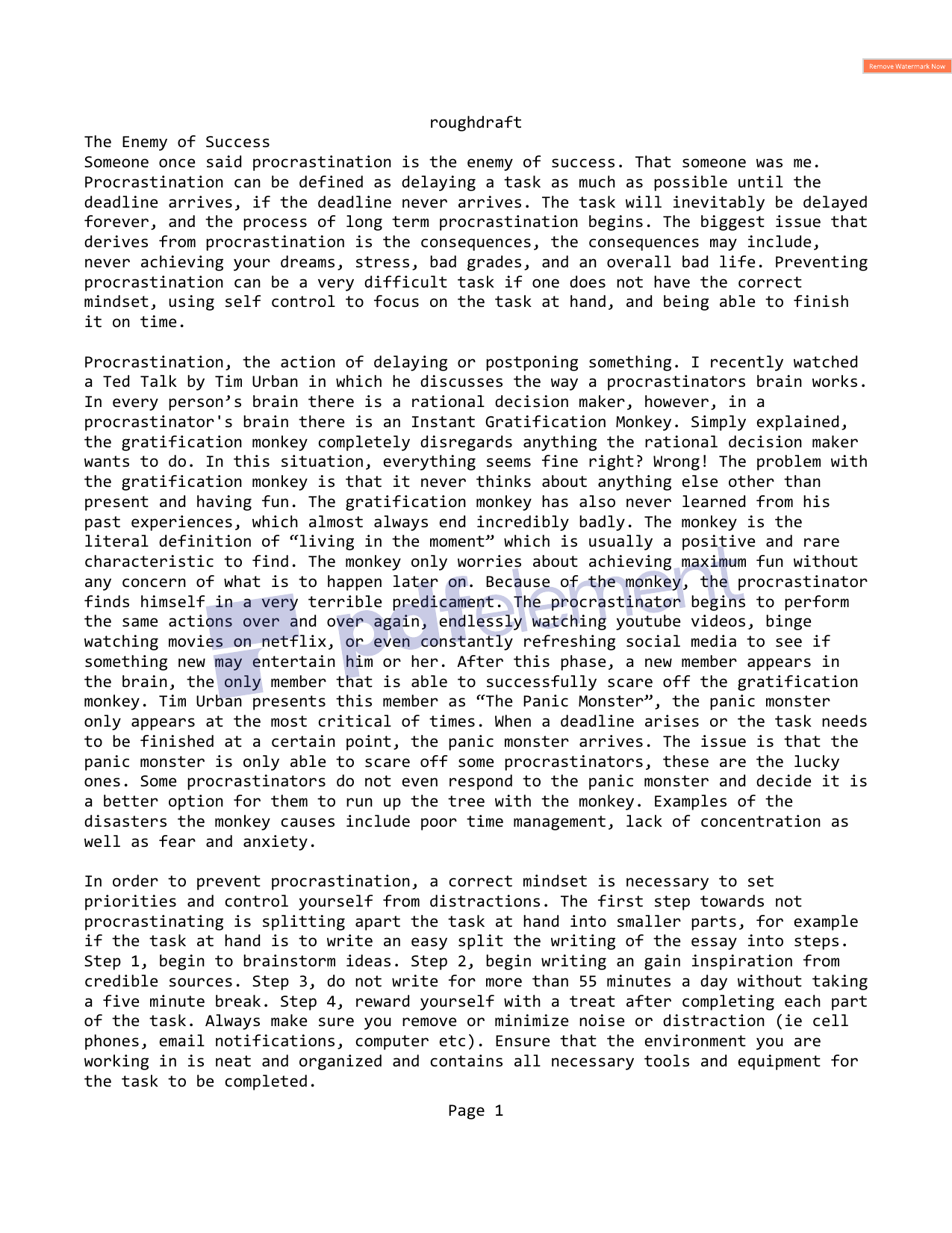Understanding the Cognitive Basis of Procrastination, Emotional Dependency, and Impostor Syndrome
Understanding the Cognitive Basis of Procrastination, Emotional Dependency, and Impostor Syndrome
Blog Article
In our daily lives, we often encounter challenges that hinder productivity and personal growth. Among the most common issues are depencia emocional procrastination, emotional dependency, o que procrastinação and impostor syndrome. They can negatively influence our achievements, but addressing them can lead to significant personal improvement.
In this article, we’ll explore what these issues are, how they develop, and effective strategies to manage them. With the right insights, you can enhance your mental clarity and live a more fulfilling life.
What is Procrastination?
Procrastination refers to the act of delaying tasks that are important. It is commonly caused by fear of failure, perfectionism, or lack of motivation.

Research shows that procrastination stems from how our minds prioritize instant gratification over long-term benefits. People often procrastinate when they feel unmotivated or overwhelmed. Recognizing these triggers is essential to addressing the issue effectively.
What is Emotional Dependency?
Emotional dependency occurs when someone relies heavily on others for a sense of security and happiness. While building relationships is fundamental, excessive emotional dependency can harm both the individual and the relationship.
People with emotional dependency may struggle to make independent decisions. It is usually linked to early attachment patterns, such as a fear of abandonment or low self-esteem. Therapy and self-reflection can help foster healthier, more independent relationships.
What is Impostor Syndrome?
Impostor syndrome is the persistent belief that one’s success is undeserved. Despite evidence of competence, individuals with impostor syndrome doubt their own abilities.

This mindset results in anxiety and self-doubt, hindering personal and professional growth. Research suggests that addressing impostor syndrome requires acknowledging accomplishments, reframing negative thoughts, and seeking constructive feedback.
Strategies to Overcome These Challenges
If you want to improve your habits and mindset, consider implementing the following strategies:
- For procrastination: Set small, manageable goals and practice time management strategies such as the Pomodoro Technique.
- For emotional dependency: Develop self-reliance through activities like self-reflection and personal growth exercises.
- For impostor syndrome: Document your successes and remind yourself of past accomplishments regularly.
Consistency is vital—practice these techniques daily to achieve sustainable results.
Conclusion: Taking Charge of Your Mental Habits
These common psychological challenges can be overcome with dedication and the right tools. When you take proactive steps to address these issues, you set the stage for a more productive, confident, and fulfilling future.
Start small—choose one strategy from this article and commit to making gradual progress. You’ll notice meaningful changes in how you approach challenges and opportunities.
Report this page